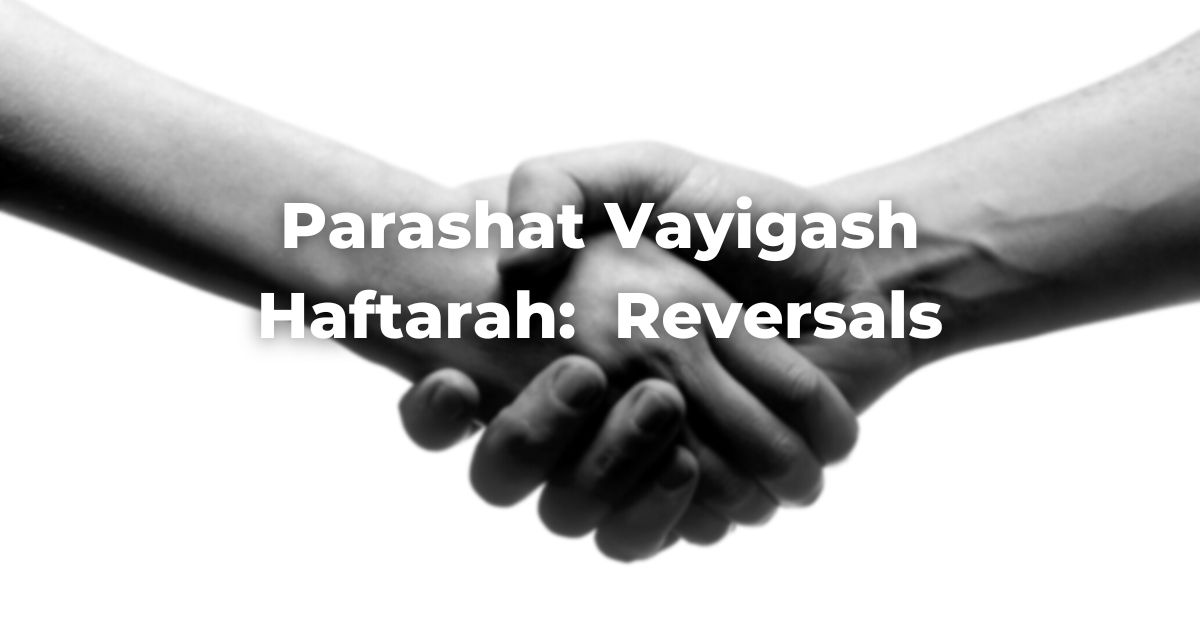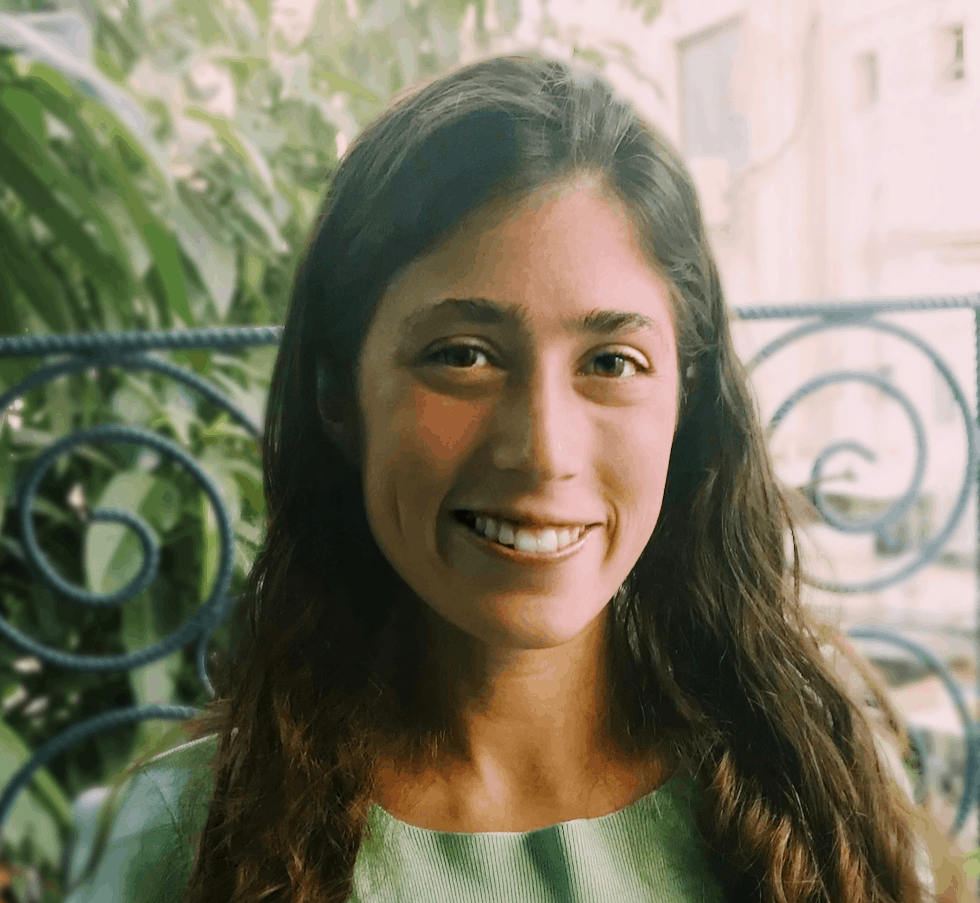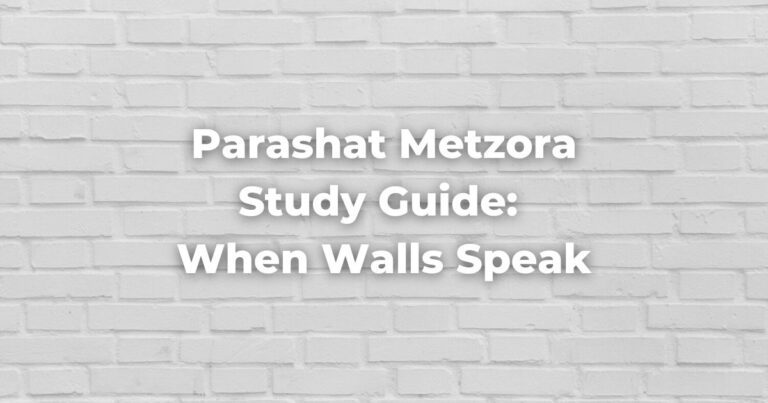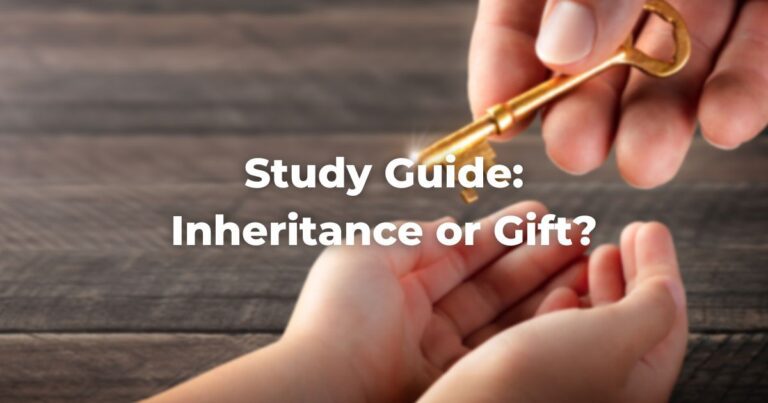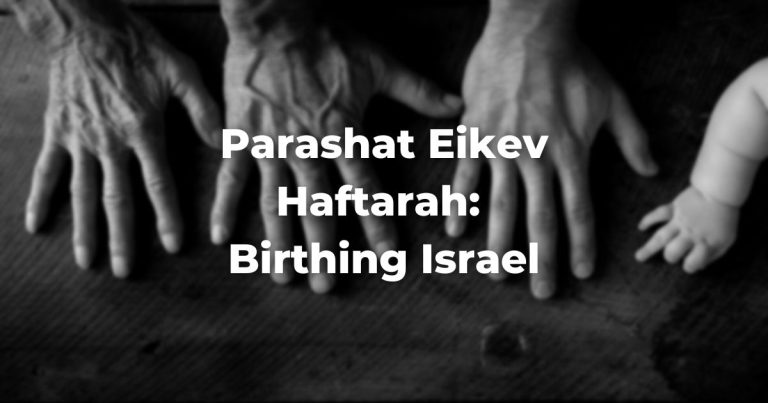Sibling relations are tricky.
As we progress through Genesis, we read the story of sibling relationship over and over again.
It is a story that begins with murder, with Cain killing Abel, and ends with averted murder, with the brothers selling Joseph rather than killing him.
We see this theme elsewhere in Genesis, this idea that over the course of time we become civilized. We learn to control our desire to kill, to lie, to destroy and instead we begin to establish ways of living in community.
God learns to stop destroying the world. Fathers learn to send away their sons rather than killing them. Mothers learn how to control their fertility.
But the person who learns the most, who changes the most, is Judah.
In this week’s parashah we read his passionate plea to be allowed to sacrifice himself in place of Benjamin in order to save his father, Jacob, from grief.
It is a beautiful reversal of the trend of brother to kill brother and father to sacrifice son. Our haftarah portion, Ezekiel 37, picks up with this theme of reversal. The reconciliation started by Judah towards Joseph in Genesis is brought to an apex in the promises of Ezekiel.
At this point, Judah and Joseph refer to tribes rather than people. Joseph refers to the Northern Kingdom, which was destroyed long ago, its people scattered, and to some extent absorbed into the Southern Kingdom. Judah refers to the Southern Kingdom, which was only just recently destroyed and its people sent into exile.
The focus of the passage is not just on the returning of the people from exile, but rather on the reunification of the Northern and Southern Kingdoms, of Joseph and Judah.
We read, as translated by Robert Alter:
“I am about to take the stick of Joseph, which is in the hand of Ephraim, and those joined with him, the tribes of Israel, and I will set upon it the stick of Judah and make them a single stick, and they shall be one stick in My hand… And I will make them a single nation in the land on the mountains of Israel, and a single king shall be their king, and they no more shall be two nations, and no more shall they be divided into two kingdoms.”
In Genesis, it is Judah who does the work of changing.
He learns and grows from his experiences and reforms his tendencies, changing the paradigm of sibling relationship. In Ezekiel, it appears to be God who affects the change.
The tribes will be reconciled through God’s actions, not through work of their own. The division has happened at a national level and the solution must also happen on a grand scale. There is a question then of whether individuals are to be held responsible.
Could people within each of the tribes have chosen to reconcile on their own? Or is it the case that when events happen on a grand scale, they need larger, perhaps divine, intervention?
There is a human figure who also acts in the haftarah.
He is called King David. Of course, by this point King David has been dead for centuries. Radak would have us understand the reference as either pointing us toward the idea of resurrection of the dead (which is a theme in Ezekiel shortly before this passage) or as referring to someone from the line of David.
This person will act to keep the reunified nation in line, living within the bounds of the covenant with God. It is only too appropriate that David descends from the tribe of Judah.
When we look for a leader who can do the impossible, we look back to Judah.
Leadership, even kingship, is something that arises from humility and the ability to sacrifice oneself for others. With such leadership, national change becomes possible.
Just as Judah reconciled the brothers, a king in the style of David can reconcile a fractured nation.
See more: Parashat Vayigash
Originally posted as part of the Conservative Yeshiva at the Fuchsberg Jerusalem Center’s Torah Sparks. Support TorahRefers to the first five books of the Hebrew Bible, the Tanakh, also called the Five Books of Moses, Pentateuch or the Hebrew equivalent, Humash. This is also called the Written Torah. The term may also refer to teachings that expound on Jewish tradition. Read more learning from the Fuchsberg Jerusalem Center/Conservative Yeshiva for leaders and seekers around the world here.
Authors
-

Bex Stern Rosenblatt is the Conservative Yeshiva’s Faculty-in-Residence for the Mid-Atlantic Region of the United States, teaching Tanach, using the techniques of close-reading, theater, feminist readings, and traditional commentators. Bex also directs the CY’s recruitment efforts in North America. After finishing her B.A. in History and German at Williams College, Bex received a Fulbright Grant to Austria. She later earned an M.A. in TanakhAn acronym for the name of the Hebrew Bible: Torah, Neviim, and Ketuvim. Read more from Bar Ilan University and has also studied at the Conservative Yeshiva and Bina Jerusalem. Bex is the founder of HavrutaA study partner. A hevruta is more than just a ‘study buddy’ it is a serious and personal relationship between colleagues. Also spelled: Havruta Read more Tel Aviv, an organization that facilitates guided pair-learning of the Tanakh.
View all posts -



The Fuchsberg Jerusalem Center (FJC) is a home in the heart of Jerusalem where leaders and seekers can find an authentic place in Jewish tradition to call their own. FJC offers opportunities to study, pray and explore within an egalitarian and inclusive setting, creating multiple pathways for finding personal and communal meaning.
View all posts

